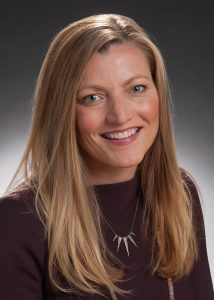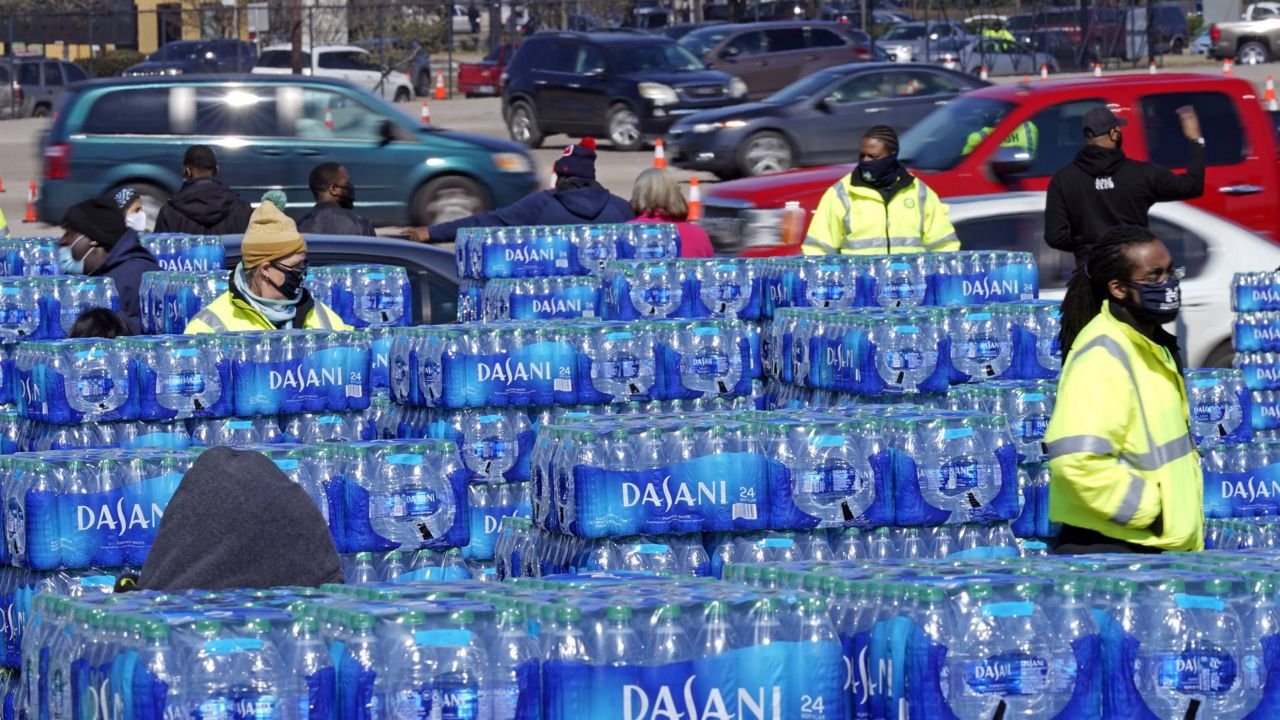
Kristi Gustavson, CEO
Many have asked the question, “when do we get to stop talking about the pandemic?” Well, North Louisiana found an answer, albeit perhaps only temporary: during a weeklong snowstorm. If the COVID-19 pandemic and the events of this month have taught me anything it is that, in life, control is an illusion!
The illusion of control is the tendency for human beings to believe they can control or at least influence outcomes they demonstrably have no influence over. In 1975, Ellen Langer, a Harvard psychologist, coined the term “illusion of control.” According to Langer, as humans “taking some action leads people to feel a sense of control over a situation, and that feels good, rather than just being a passive bystander. Doing something typically feels better than doing nothing.” This is true even when the action may have no result or, in other words, is only a placebo.
According to Langer, placebos have a net positive effect on humans by giving us a sense of control. For example, think in terms of all the nonworking buttons in the world. According to the New York Times, the city of New York deactivated most of its pedestrian crosswalk buttons long ago due to the emergence of computer-controlled traffic signals. In fact, of the 3,250 walk buttons, there were only about 120 working in 2016. Yet, day after day pedestrians push them anyway because it enables them to feel they have some control over when they will get to cross the street.
In philanthropy, we cannot and do not accept placebo buttons. Among the many different missions of local nonprofits, the commonality is that we all seek to make the lives of those in our community better. In addition, as stewards of donors’ hard-earned dollars, those of us working in the nonprofit space know we must deploy these precious resources in the most efficient and effective way possible. We must be intentional in the way we utilize funding. We must set goals and measure our outcomes. We must humbly recognize when our goals have not been met and change course.
Now, in a post-COVID world, nonprofits must also be nimble and flexible and recognize we are not in control of external forces. From the beginning days of the pandemic, I can list dozens of examples in our community of nonprofits changing their client delivery model virtually overnight to adjust to Covid-19 challenges. These nonprofits did this without hesitation, despite often incurring extra expense, to make sure all the basic needs of those most vulnerable in our community could be met. Placebos are unacceptable when it comes to the wellbeing of our neighbors and our community. In an uncontrollable world, taking great care to care for one another is essential.
In my position at the Community Foundation, I am so fortunate to encounter daily passionate community members who have committed their lives to serving others. From the bottom of my heart, I thank every member of our nonprofit community for their service – especially during the trying events of the last year.
As an example of the selfless service of our nonprofit community, I spoke with four members of the nonprofit community that do good each and every day.
Lieutenant Jamaal Ellis, The Salvation Army of NWLA
The Salvation Army here in Shreveport is led by Lieutenant Jamaal Ellis. Lt. Ellis was first introduced to the Salvation Army as the church that served the Atlanta, Georgia neighborhood he grew up in. While working in the for-profit industry, Lt. Ellis saw a career at the Salvation Army as a way he and his wife could serve his community full-time. Locally the Salvation Army runs the Merkle Center of Hope, the Boys and Girls Club and many other initiatives. According to Lt. Ellis, “we serve our community by meeting human needs without discrimination. We do this by feeding and providing a safe place for those who need us. I do this because there is a Love that compels me to love others. This work is not simply something that I enjoy, but it’s like I’m drawn to it.”
Chris Gabriel, Volunteers of America of Northwest Louisiana
Chris Gabriel, Executive Vice President of the Volunteers of America for North Louisiana, never envisioned working for a nonprofit. When he joined to VOA Board of Directors in 1994, he saw firsthand the work being done at the LightHouse “and was hooked.” Chris felt “the love and attention the staff gave the children was making such a difference in their lives.” After retiring from Allstate after 37 years, Chris joined the VOA. Like many organizations, the VOA had to pivot quickly after COVID by locating and finding their clients, ensuring they had their basis needs met, and ultimately providing programs like the Lighthouse and Communities in Schools in both in-person and virtual settings. Gabriel wants the community to know the VOA “is full of compassionate and dedicated individuals from our CEO down to our most recent hire who are committed to this ministry of service. 2020 has been a very difficult year for us. We appreciate the many community organizations who partner with us to serve our clients. However, we could not do this work without the support of our equally dedicated volunteers.”
Verni Howard, The Providence House
Verni Howard, the Executive Director of the Providence House, is the daughter of a pastor and a social worker so service is in her blood. After almost 20 years in the banking industry as a nonprofit and governmental specialist, Verni chose to follow her dream of serving others full time. “Most people know that we help homeless families, and they know of our green boxes. I want people to know that our work is so much bigger. While food, clothing and shelter are essential services, Providence House has the only 4- STAR Child Development Center in northwest Louisiana. For 25-years, we have provided high-quality, affordable childcare services right in downtown Shreveport! We also have a full-service adult HiSet/GED program open to the community as well as a Workforce Development Program on our campus.” Verni believes homelessness will continue to impact our community if we do not address its causes. Her goal is not to treat the symptom, but rather address the various causes and create a path of prevention.
Willie White, David Raines
Willie White is the Chief Executive Officer of the David Raines Community Health Center which operates six (6) community based, five (5) school-based health centers and two (2) patient pharmacies serving Bossier, Caddo, Claiborne and Webster parishes with 140 employees. David Raines offers family medicine, pediatrics, dental, behavioral health, WIC, and Medicaid application assistance. DRCHC has been an active part of the response to the COVID 19 pandemic. During the early efforts to combat the virus, DRCHC collaborated with other community providers to provide free testing at locations throughout Bossier, Caddo, Claiborne and Webster parishes. DRCHC is currently providing COVID 19 vaccinations through their facilities located in Bossier City, Minden and two in Shreveport. In his work, Willie White strives to provide quality, accessible, affordable and comprehensive health care services to all and to improve the quality of life of all patients. To learn more: davidraineschc.org/
In the wake of the COVID-19 pandemic, our community nonprofits never closed their doors. They never offered a placebo. Their compassion and hard work must be applauded and truly make North Louisiana a better place.
This article was written by CFNLA CEO Kristi Gustavson and originally published in the Shreveport Times on February 28, 2021.

